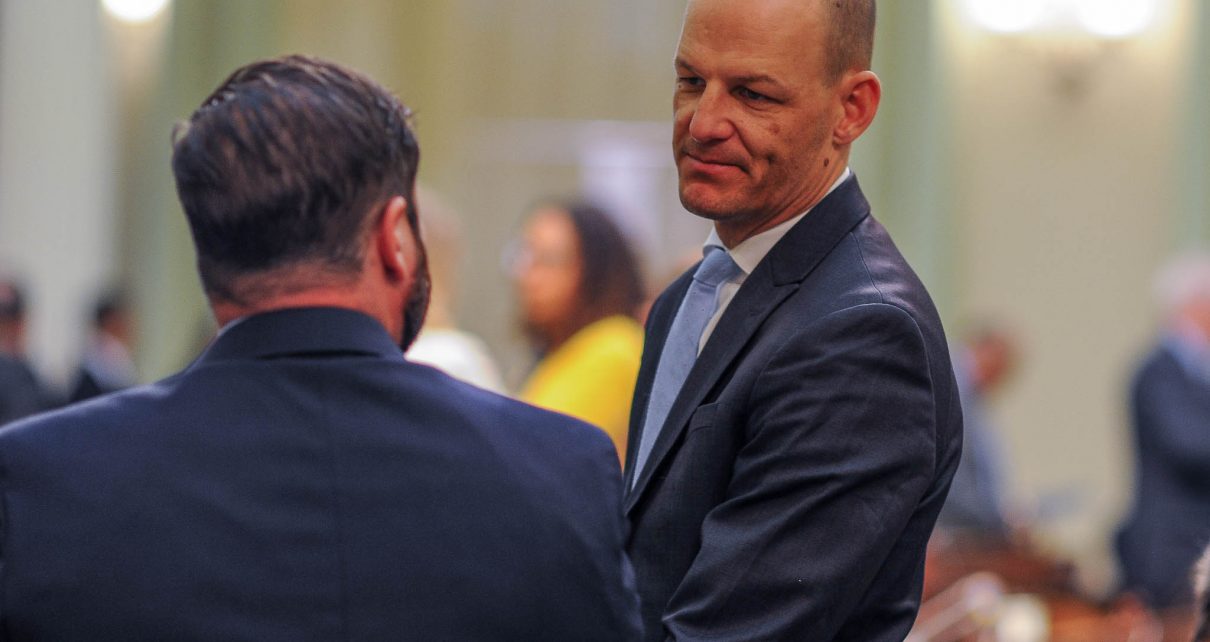
Kevin McCarty. (Photo: Kevin Sanders for California Globe)
Yolo County Non-Jail Drug Treatment Pilot Program Bill Faces Big Senate Hurdle This Month
Critics say this ‘voluntary’ drug treatment program is actually ‘involuntary’
By Evan Symon, June 7, 2021 2:54 pm
This week, a bill that would give Yolo County a pilot program to allow some criminals with drug-motivated felony crimes to be given a residential treatment sentence rather than a jail or prison sentence.
Assembly Bill 1542, authored by Assemblyman Kevin McCarty (D-Sacramento), would require the pilot program to meet numerous conditions to even begin, including a risk, needs, and psychological assessment, a comprehensive curriculum, a determination by a judge of the length of treatment, data collection, and reporting to the Department of Corrections and Rehabilitation, the State Department of Health Care Services, and the Legislature. AB 1542, also known as the Secured Residential Treatment Program and Hope Yolo, would also make it clear that potential prisoners under the pilot program would also not be eligible if their drug-related crime was sexual, was a serious or violent felony or was a non-violent drug possession.
Judges in Yolo County would, after passage of the bill, be required to offer qualifying defendants voluntary participation in the program as an alternative to a jail or prison sentence, with their determination based on the recommendations of the treatment providers, on a finding by the health and human services agency of the county that the defendant’s participation would be appropriate, and on a specified report prepared with input from interested parties.
Defendants can choose to leave the facility at anytime and go back to their original jail sentence, with treatment providers and the court also being allowed to facilitate transfers as they see fit.
If successfully completed, AB 1542 would then require the court to expunge the conviction from the defendant’s record and would authorize the court to expunge the conviction of any previous drug possession or drug use crimes on their record as well.
If passed, the Yolo County pilot program would last until December 2024 and would also make all treatment reimbursable under Medi-Cal.
Support for, Opposition against AB 1542
Assemblyman McCarty wrote AB 1542 largely as a way to keep many individuals charged with drug crimes out of the prison system, to remove conviction barriers from records as a way to better get jobs, and as a way to increase the number of addicts to get treatment in Yolo County.
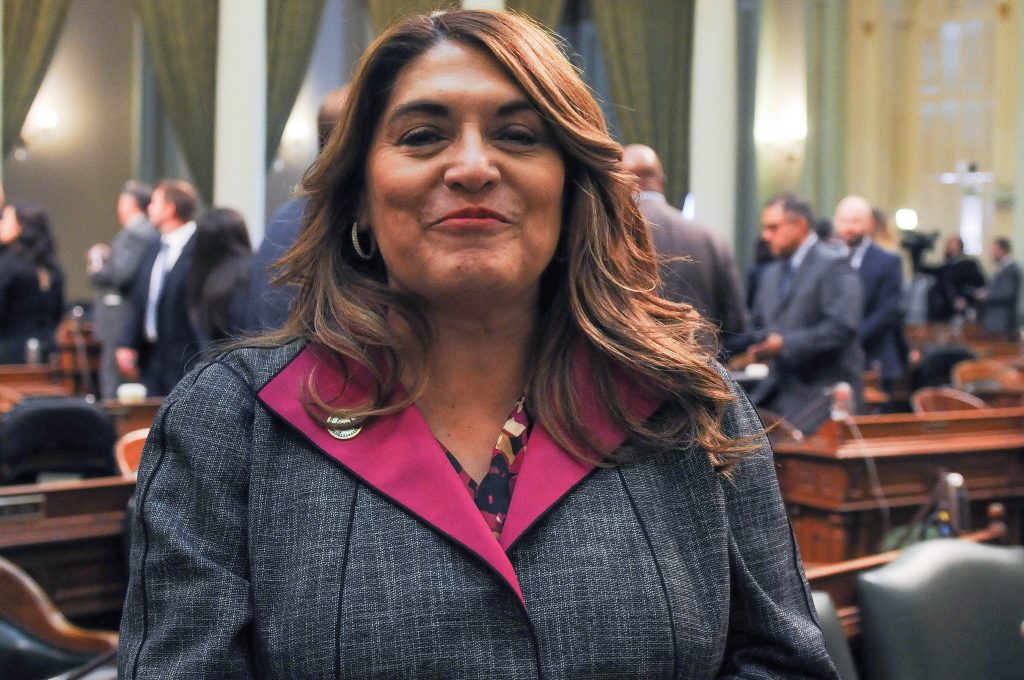
“Some of you may remember how I spoke about my brother Billy, someone who suffered from addiction, chronic alcoholism and many times would be in and out of jail,” said Assemblywoman Sharon Quirk-Silva (D-Fullerton), one of the bills main supporters. “We intervened as many times as we could, and yet he still died. This program would give those who choose too, who choose to do it voluntarily, to participate in a pilot program as an alternative to jail or prison. We have far too many individuals from very young ages to older ages who suffer from addiction, whether it’s drugs or alcohol, and we do not treat them. I support this bill and ask you to support a pilot program in Yolo County, AB 1542, in honor of my brother Billy.”
McCarty himself was ecstatic over the bill, especially after it passed the Assembly 65-1 with 13 not voting last week.
“I’m pleased that 65 of my assembly colleagues share my belief that Hope Yolo will help many people get well, become productive members of society, and stay out of the criminal justice system,” added Assemblyman McCarty last week.
However, as AB 1542 is now due to be heard in Senate committees, opposition against the bill has intensified. Dozens of organizations, including crime victim organizations and Human Rights Watch, have come out against the bill, arguing that almost all potential participants would likely choose the program over jail time, despite involuntary drug rehabilitation treatment being found to not work in most cases.
“It’s a little like how judges used to offer alternatives to crimes like joining the military, or for lesser crimes, giving very specific community service terms,” explained San Diego Lawyer Abby Miller to the Globe on Monday. “When given the choice, people will often choose the less harsh option, or the option where they don’t have to go to jail. And at that point it’s hard to call it voluntary anymore.”
“This is why the supporters of this bill are not letting up. There is a surprising amount of people and groups still opposed to it because they have seen what programs like this have done in the past. And they are very worried about that success rate.”
AB 1542 is due to be heard in the Senate Rules Committee later this month.
- Bill to Require Law Enforcement Disclosure if AI Was Used To Help Write Reports - August 7, 2025
- Gov. Newsom Files FOIA Request To ‘Expose True Cost’ Of L.A. Federal Troop Deployment for Anti-ICE Riots - August 6, 2025
- California Redistricting: How Newsom’s Plan Will Demolish Hard Fought GOP Gains - August 6, 2025


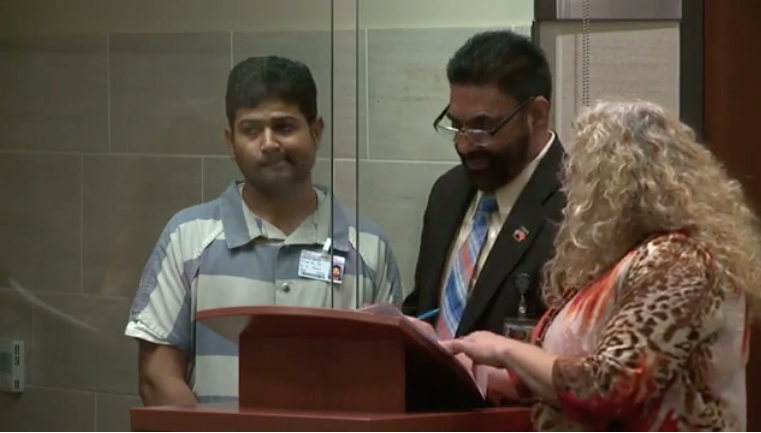
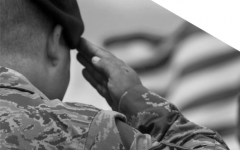
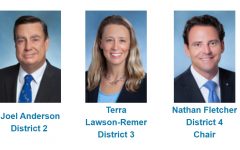
Why is it that felony convictions are given a lesser sentence than a DUI? Why would we not offer these programs to first offender DUI? Why don’t we start simple with those who need and want drug treatment, first offender DUI’s. Seems to me first offender DUI or other drug charges have a great chance of recovery, especially since they say they are targeting younger offenders.
Kevin Kiley for Governor